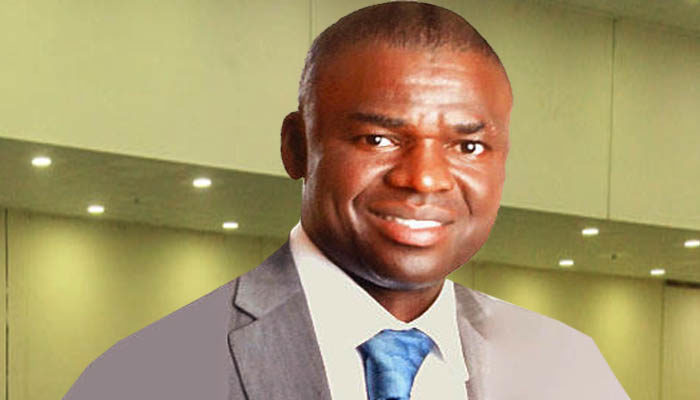
The Edo State House of Assembly has formally accused Deputy Governor Philip Shaibu of committing impeachable offences, including the leakage of confidential government information and perjury. These allegations were presented during the inaugural session of a seven-member panel established to investigate Shaibu’s actions.
This panel, led by retired Justice S.A. Omonuwa, was constituted by the Edo State Chief Judge, Justice Daniel Okungbowa, following the Assembly’s initiation of impeachment proceedings on March 5. The proceedings stem from a petition accusing the Deputy Governor of serious breaches, including leaking state secrets and committing perjury.
The rift between Shaibu and Governor Godwin Obaseki, which has been growing since Shaibu announced his intentions to run in the upcoming Edo governorship race, is believed to be at the heart of the impeachment move.
Joe Ohaifa, the Deputy Clerk of the Assembly, detailed the accusations against Shaibu, particularly focusing on his affidavit in support of a lawsuit in Abuja, where he allegedly disclosed details from the State Executive Council meetings, in violation of the Oath of Secrecy as outlined in Schedule 7 of the 1999 Constitution.
The panel adjourned until Thursday, allowing Shaibu the opportunity to present his defense.
In a preceding development, Shaibu’s legal counsel, Prof. Oladoyin Awoyale (SAN), exited the hearing after the panel dismissed his request to suspend the proceedings until the conclusion of a related Federal High Court case in Abuja, which is scheduled for April 8. This case seeks an interlocutory injunction to stop the impeachment process.
Awoyale argued that the constitutional provision cited by the Deputy Clerk, Section 188 (10) of the 1999 Constitution, which ostensibly bars court intervention in impeachment processes, should not preclude the court’s order. However, the panel, siding with Ohaifa, ruled to proceed with the impeachment investigation.
Following the panel’s decision, Awoyale announced that his client would not participate further in the investigation, emphasizing the importance of adhering to the upcoming court session.
Despite his departure, Awoyale clarified that this did not imply a waiver of Shaibu’s right to defense but underscored the necessity of respecting the judicial process set for early April.
